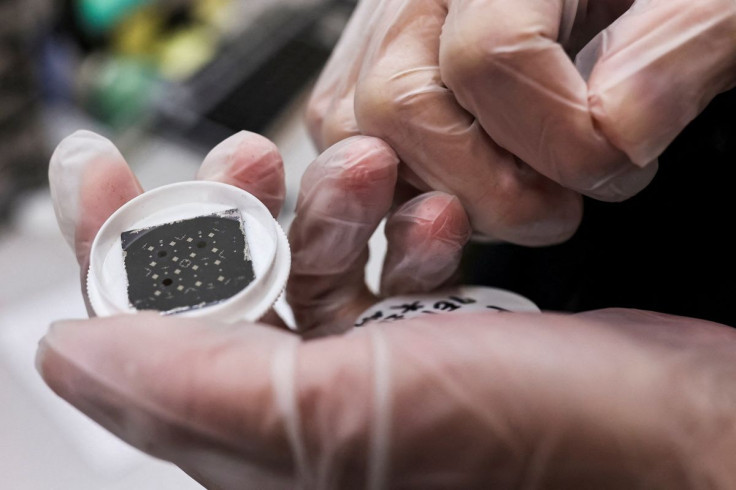The US Ban On Chip Sales Will Make China More Dependent On Taiwan
The recent U.S. ban on sales of advanced chips to China is expected to change the game in the world's most important industry, making Beijing more dependent on Taiwan for its semiconductor needs.
That is according to Daniel B. Pickard, chair of the International Trade and National Security Practice Group at Buchanan Ingersoll & Rooney, specializing in regulatory and government law.
Pickard thinks that the recent U.S. restrictions on semiconductor sales to China hit a nerve in the Chinese leadership, as evidenced by the harsh response of the Chinese Foreign Ministry, which accused the U.S. of "weaponizing science and technology."
He also sees the U.S. ban as making China even more dependent on Taiwanese semiconductors, which is ahead of China in this industry.
"While Taiwan is a leader in the semiconductor industry with massive capacity, China, on the other hand, is still struggling with its chip manufacturing, especially regarding higher-end products," he told International Business Times. "China is already dependent on semiconductor imports. The recent U.S. ban only makes it more so."
Timothy S. Rich, Ph.D., professor of political science and director of the International Public Opinion Lab (IPOL) at Western Kentucky University, is on the same page, at least for the short run.
However, he does not see a growing dependence on Taiwanese semiconductors improving cross-strait relations. "If anything, the constant reminder of this dependence and how military conflict could cut access even further would presumably make investing in domestic production even more important," he told IBT.
Mathew Ransom, director of Supply Chain Programs and Services at MySupply by Avnet Silica, an electronic components and technology solutions provider, does not think the ban will make China more reliant on Taiwan. Nonetheless, it will likely slow down its technological advancements and force Beijing to seek new global partnerships.
"Firstly, China does not have access to all parts of the I.P. necessary to make the devices they want," Ransom explained to IBT. "Even if they reach out to Taiwan to manufacture more, China cannot make more chips when they do not have access to the I.P. Therefore, Taiwan is not an exact jigsaw-fit solution to their current problem. China may have the technology and some I.P. to make certain semiconductor products, but they would not be able to make the end equipment in the short-mid-term, which is the main idea of the ban."
That is why Beijing has to reach for new partnerships. "Competition-wise, plenty of non-U.S.-based tooling companies could replace that supply of equipment for silicon manufacturing, but it will be challenging to set this up," he continued. "At some point soon, we will likely see a significant impact on companies worldwide as OEMs have to reconfigure their manufacturing network due to this colossal shift. This is going to have global supply chain impacts as the infrastructure adjusts and reshuffles."

© Copyright IBTimes 2025. All rights reserved.






















